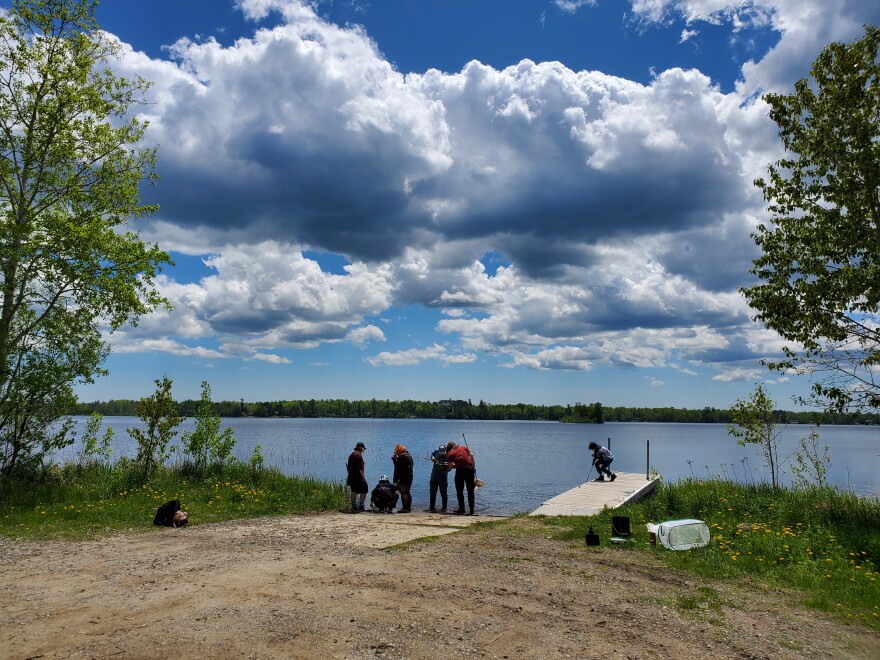Harbor City International School (HCIS) in Duluth is a small school, but the class offering is robust. "We're really fortunate to be able to offer some great science electives," says AP Environmental Science and Biology teacher Brian Scott. Science courses at HCIS include ornithology, herpetology, and microbiology. Along with these offerings comes a strong focus on environmental education.
For Scott and his students, learning goes well beyond the classroom. This Fall, one of his classes went to Chester Creek to learn about water quality monitoring. A winter symposium and two spring symposiums will include more interesting class offerings and, in the past, electives have included a trip to the Sax Zim bog.
The larger part of the process for Scott and his students is the action that is born from the education. "A lot of times we talk about 'here's an issue' or 'here's a problem', but then we don't really do anything about it," says Scott. "Or maybe we talk about what we can do, but we don't do it." Scott's focus is to change that with the off-site approach. "Taking action will look like a lot of different things. It could be something as simple as building nest boxes for American kestrels."
The stress that HCIS places on environmental education is palpable, but it won't remain stagnant. In the near future, the school will be a pilot for a National Science Foundation grant that focuses on what can be done regarding climate action.







